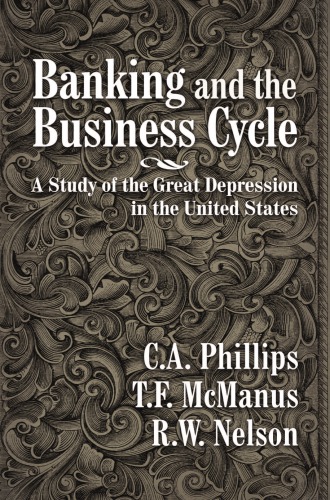

Most ebook files are in PDF format, so you can easily read them using various software such as Foxit Reader or directly on the Google Chrome browser.
Some ebook files are released by publishers in other formats such as .awz, .mobi, .epub, .fb2, etc. You may need to install specific software to read these formats on mobile/PC, such as Calibre.
Please read the tutorial at this link: https://ebookbell.com/faq
We offer FREE conversion to the popular formats you request; however, this may take some time. Therefore, right after payment, please email us, and we will try to provide the service as quickly as possible.
For some exceptional file formats or broken links (if any), please refrain from opening any disputes. Instead, email us first, and we will try to assist within a maximum of 6 hours.
EbookBell Team

4.4
32 reviewsThere is good reason for this belief. In no previous depression have all of the same non-monetary phenomena been present; in no previous depression have the monetary phenomena been absent. The financial mistakes of the past two decades are not dissimilar to those of England during and following the Napoleonic Wars, and the inflation of the Civil War and the depression of the 'seventies bear striking resemblance to the recent upheaval; the follies of the ages are repeated again and again. It is a melancholy fact that each generation must relearn the fundamental principles of money in the bitter school of experience. The inflationists, it would seem, we always have with us. It is nevertheless a duty of economists to devote attention to periodic reiteration of the ancient truths of monetary science; it is necessary to make as familiar as possible the workings of the financial machinery if further errors are to be avoided in the future. It is to the mismanagement of the monetary mechanism that most of our recent troubles are chiefly ascribable. And with the juggernaut of another inflationary boom already upon us, emphasis upon the monetary causes of the last depression, to the neglect of others, is not only warranted but needful if progress toward an understanding of business cycles is to be expected.
A. Marshall - reckless inflations of credit, chief cause of economic malaise.